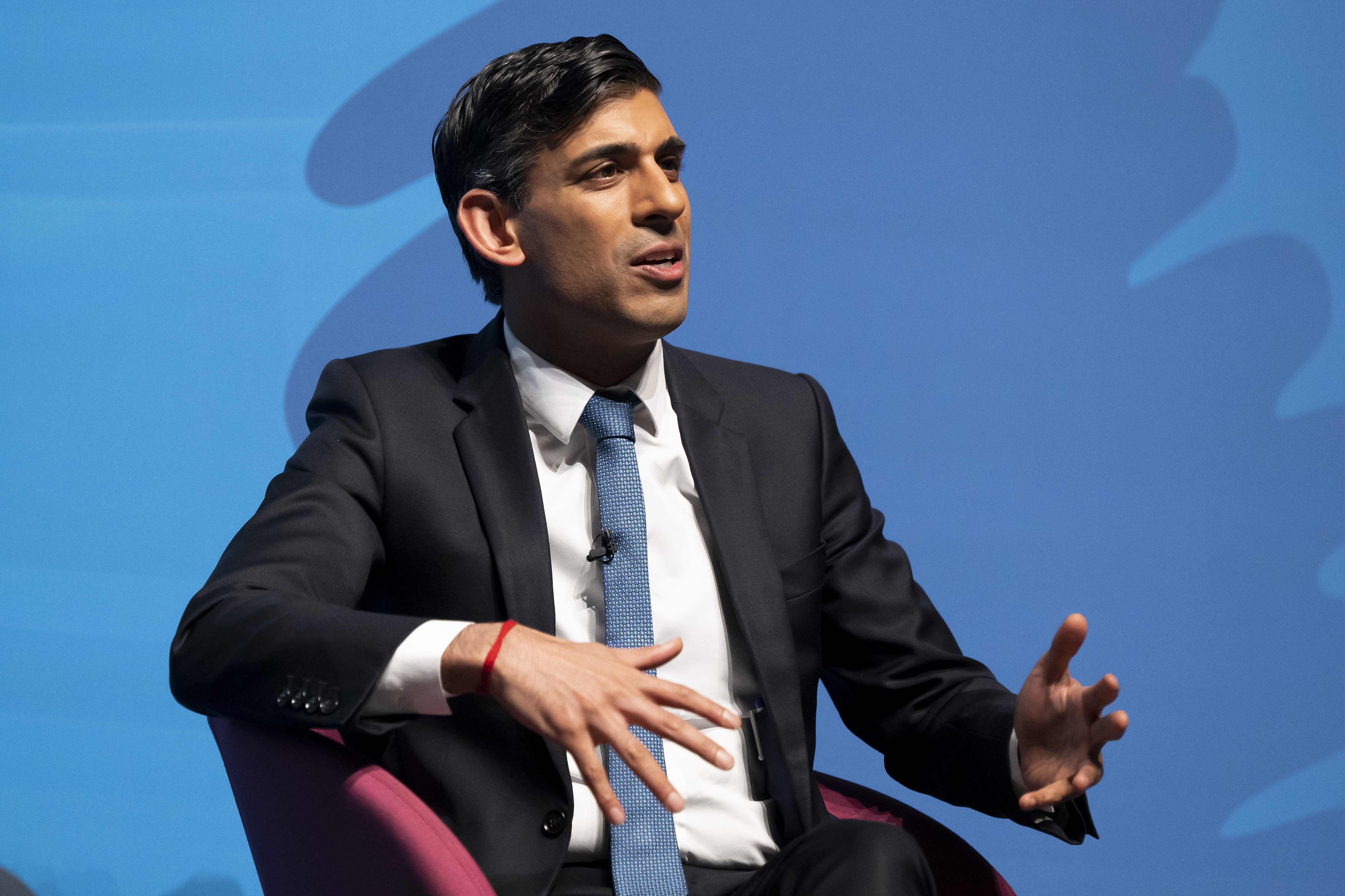Jimmy Wales: Online Safety Bill could devastate small businesses and startups
The Wikipedia founder rails against policymakers who see all content moderation through the prism of Twitter and Facebook


The Online Safety Bill could be devastating for small businesses and startups in any sector that falls under its scope, according to Wikipedia founder Jimmy Wales.
Massive organisations are expected to price in the cost of adhering to the legally enforceable ‘duty of care’ set to be introduced into law, Wales told delegates at State of Open Con 2023.
Implementing the Online Safety Bill would immediately raise the barrier to entry for any new startup. Wales went on to say that for companies with smaller headcounts, or those that lack the tools and resources to automate processes, they may find survival unviable.
“The safety of children online is incredibly important, that’s a serious topic, so we don’t want to be obstructionist just to be obstructionist, but what we do want to say is the stuff you’re proposing isn’t actually going to help – don’t do that stuff, that’s actually harmful,” he said.
“Due to [Wikipedia’s] size and power, we’re likely to find a way to endure. That’s actually true, interestingly, of a lot of other players in this.
“I worry more about the principles of the open internet for the future for all the startups – all the small organisations, all of the different people who might have all kinds of new ideas.”
The internet entrepreneur also criticised UK policymakers for regulating content moderation across the entire industry through the prism of the “feudal” approach adopted by players like Twitter and Facebook.
Get the ITPro daily newsletter
Sign up today and you will receive a free copy of our Future Focus 2025 report - the leading guidance on AI, cybersecurity and other IT challenges as per 700+ senior executives
“The biggest threat, really, is misguided regulators with little or no genuine understanding of internet or content moderation in the real world,” he said.
“And the reason I think this is our biggest threat is that it’s coming from countries that generally ought to be leaders in openness.”
As a result, the new regulations risk undermining a plethora of content moderation regimes that actually do work – such as community-led moderation – by placing incompatible burdens on those organisations.
He used the example of Wikipedia, in which none of its 700 staff or contractors plays a role in content or in moderation.
Instead, the organisation relies on its global community to make democratic decisions on content moderation, and have contentious discussions in public.
By contrast, the “feudal” approach sees major platforms make decisions centrally, erratically, inconsistently, often using automation, and in secret.
RELATED RESOURCE

What 2023 will mean for the industry
What do most IT decision makers really think will be the important trends and challenges in the coming year?
By regulating all social media under the assumption that it’s all exactly like Facebook and Twitter, Wales said that authorities would impose rules on upstart competitors that force them into that same model.
It’s therefore unsurprising that many of the larger companies are welcoming the proposals.
“If we look to history, large companies often do not mind regulation, just so long as the regulation puts up barriers to entry for newcomers,” Wales added.
“We have seen statements from Mark Zuckerberg that they would welcome some regulation of social media. Well, of course they would, just so long as any new upcomer can’t comply with it or it’s too expensive.”
For those relying on community-led moderation, meanwhile, imposing this form of regulation can be terminal.
For instance, to the extent the Wikimedia Foundation suddenly becomes responsible for content on its website, it can become “really devastating”, he said.

Keumars Afifi-Sabet is a writer and editor that specialises in public sector, cyber security, and cloud computing. He first joined ITPro as a staff writer in April 2018 and eventually became its Features Editor. Although a regular contributor to other tech sites in the past, these days you will find Keumars on LiveScience, where he runs its Technology section.
-
 Bigger salaries, more burnout: Is the CISO role in crisis?
Bigger salaries, more burnout: Is the CISO role in crisis?In-depth CISOs are more stressed than ever before – but why is this and what can be done?
By Kate O'Flaherty Published
-
 Cheap cyber crime kits can be bought on the dark web for less than $25
Cheap cyber crime kits can be bought on the dark web for less than $25News Research from NordVPN shows phishing kits are now widely available on the dark web and via messaging apps like Telegram, and are often selling for less than $25.
By Emma Woollacott Published
-
 Is Rishi Sunak’s ‘Unicorn Kingdom’ a reachable goal or a mere pipedream?
Is Rishi Sunak’s ‘Unicorn Kingdom’ a reachable goal or a mere pipedream?Analysis Plunging venture capital investment and warnings over high-growth company support raise doubts over the ‘Unicorn Kingdom’ ambition
By Ross Kelly Published
-
 Some Tech Nation programs could continue after Founders Forum acquisition
Some Tech Nation programs could continue after Founders Forum acquisitionNews The acquisition brings to a close a months-long saga over what the future holds for Tech Nation initiatives
By Ross Kelly Published
-
 Podcast transcript: Startup succession: From Tech Nation to Eagle Labs
Podcast transcript: Startup succession: From Tech Nation to Eagle LabsIT Pro Podcast Read the full transcript for this episode of the ITPro Podcast
By Rory Bathgate Published
-
 The ITPro Podcast: Startup succession: From Tech Nation to Eagle Labs
The ITPro Podcast: Startup succession: From Tech Nation to Eagle LabsITPro Podcast Some small firms are already lamenting the loss of Tech Nation, but Barclays Eagle Labs has much to offer the sector
By Rory Bathgate Published
-
 Don’t count Barclays Eagle Labs out just yet – it can deliver in ways Tech Nation never has
Don’t count Barclays Eagle Labs out just yet – it can deliver in ways Tech Nation never hasOpinion Tech Nation has a great track record, but Eagle Labs has the experience, the financial clout, and a clear-cut vision that will deliver positive results for UK tech
By Ross Kelly Published
-
 UK tech sector could face a ‘unicorn winter’ amid spiralling economic conditions
UK tech sector could face a ‘unicorn winter’ amid spiralling economic conditionsNews Tech Nation’s final piece of industry research calls for action to support continued ecosystem growth
By Ross Kelly Published
-
 "It's still not great": Industry divided on government's SMB tax relief package
"It's still not great": Industry divided on government's SMB tax relief packageNews The government’s handling of R&D tax credits has left SMBs with a “sense of disbelief”
By Ross Kelly Published
-
 UK startup's Equinix deal marks step towards broad quantum computing access
UK startup's Equinix deal marks step towards broad quantum computing accessNews Businesses around the world will be able to use its quantum computing as a service platform through Equinix
By Zach Marzouk Published